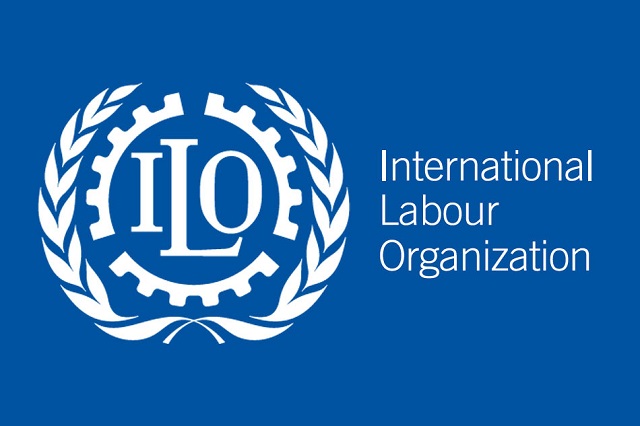The International Labour Organisation (ILO) has raised alarms about the potential loss of jobs for two million workers in 2024, with a projected increase in the global unemployment rate from 5.1 percent in 2023 to 5.2 percent. The ILO’s latest report, titled “World Employment and Social Outlook: Trends 2024,” highlights concerns about growing inequalities and stagnant productivity.
Although the report acknowledges that joblessness and the jobs gap had improved compared to pre-pandemic levels, it emphasizes that global unemployment is expected to rise in the coming year. The global unemployment rate had shown a consistent decline over the past three years, dropping from 6.9 percent in 2019 to 5.1 percent in 2023.
Despite the resilience of labor markets in the face of challenging economic conditions, the report underscores the uneven recovery from the pandemic, citing new vulnerabilities and multiple crises that threaten prospects for greater social justice.
According to the report, working poverty is likely to persist, and the number of workers living in extreme poverty (earning less than US$2.15 per person per day in purchasing power parity terms) increased by approximately 1 million in 2023. Additionally, the number of workers in moderate poverty (earning less than US$3.65 per day per person in PPP terms) rose by 8.4 million in the same period.
The report projects a worsening labor market outlook and an increase in global unemployment. It notes that disposable incomes have declined in most G20 countries, and the erosion of living standards due to inflation is unlikely to be quickly compensated.
Significant disparities persist between higher and lower-income countries, with the jobs gap rate in 2023 at 8.2 percent in high-income countries and 20.5 percent in low-income countries. Similarly, the 2023 unemployment rate was 4.5 percent in high-income countries and 5.7 percent in low-income countries.
The report predicts that rates of informal work will remain stable, accounting for around 58 percent of the global workforce in 2024. Gilbert Houngbo, the Director-General of the ILO, expressed deep concern about the imbalances revealed in the report, suggesting that these challenges may be structural rather than merely part of the pandemic recovery. He emphasized the need for effective and swift action to address falling living standards, weak productivity, and persistent inflation to prevent greater inequality and achieve sustainable recovery and social justice.













